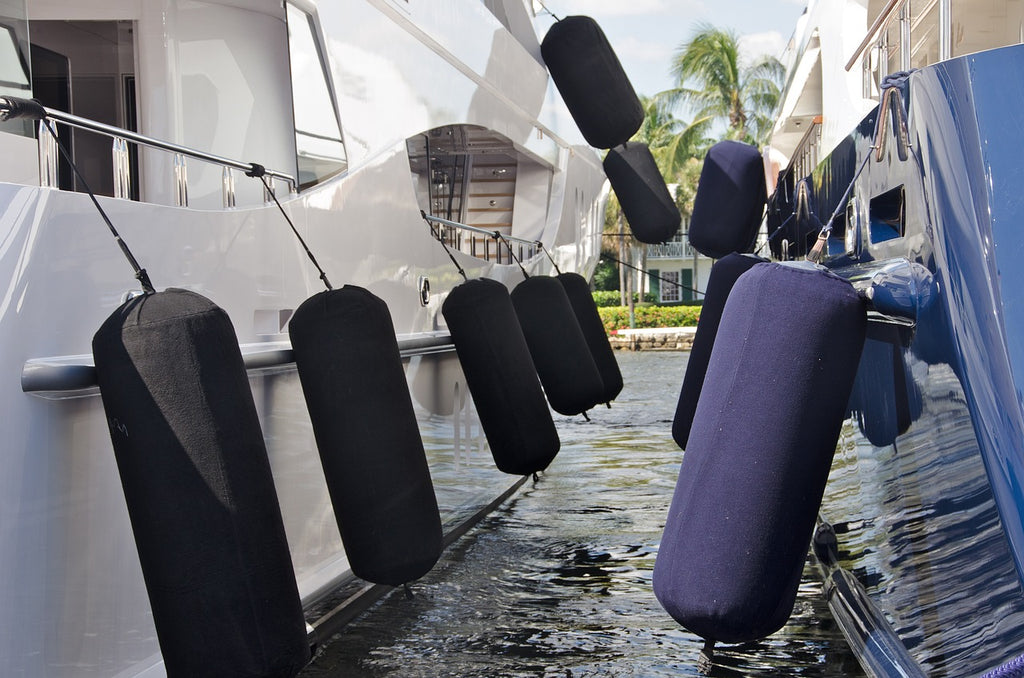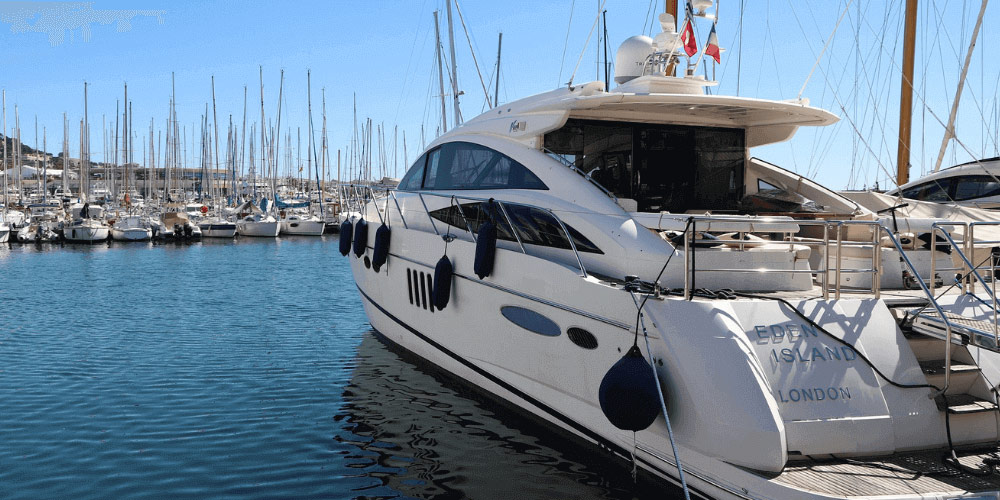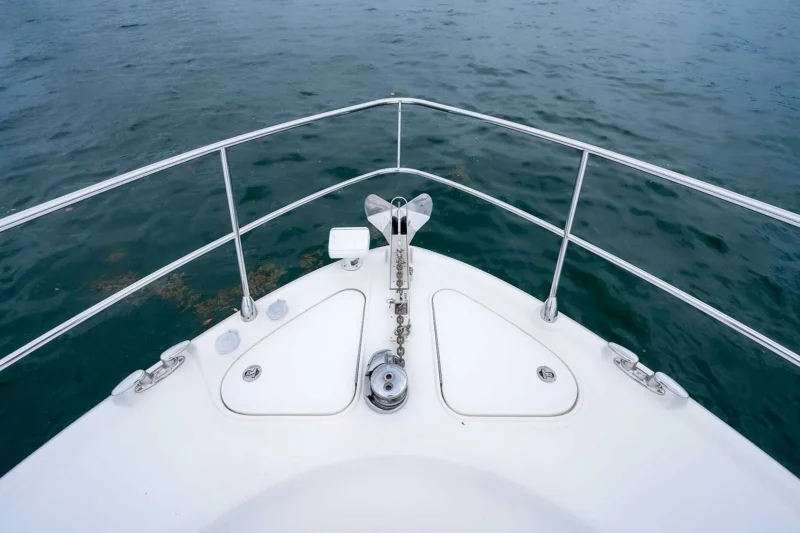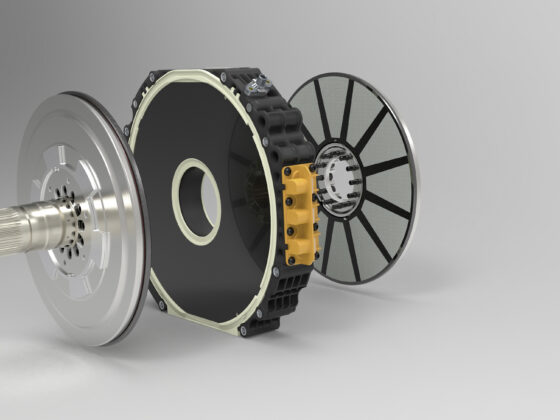Are you looking for the most effective way to protect your ship or boat from potential damage? Look no further than Fender Frenzy – your ultimate guide to ship and boat protection. Whether youre a recreational boater, maritime business owner, or part of the shipping industry, Fender Frenzy provides invaluable advice and resources on how to ensure maximum safety during transport.
From essential materials and techniques needed for successful fender deployment to tips on selecting the right type of fenders, this guide offers comprehensive coverage of everything related to protecting vessels in transit. With its simple yet informative approach, Fender Frenzy will give you all the information required for secure seafaring.
Get ready for an unbeatable level of protection with Fender Frenzy today!
Benefits of Fender Protection
Fender protection is an important part of keeping your ship or boat safe from damage. Here are some key benefits to using fenders:
1. Cost Savings – Fenders can save you money in the long run by helping reduce costly repairs and replacements that arise from collisions with other vessels, docks, buoys, rocks, and more.
2. Increased Safety – Fenders protect both people and property on board ships and boats from potential hazards such as broken parts caused by collisions with other objects at sea.
3. Security & Comfort – Fender systems make for a better overall experience while sailing because they provide additional security against unexpected incidents that could otherwise cause discomfort or distress while navigating the waters.
4. Enhanced Navigation – With appropriate fender protection systems installed, it’s easier to maneuver around obstacles like rocks or reefs without worrying about damaging your vessel due to contact with them during navigation activities.
5. Improved Appearance – In addition to providing necessary safety measures, fenders also add a touch of style to any boat since they come in various colors and sizes so you can match them perfectly with your craft’s aesthetic design quickly creating an eye-catching look when out on the water!
Types of Boat and Ship Fenders

When it comes to protecting ships and boats, many types of fenders can help. The most common type of boat and ship fender is the cylindrical rubber or foam-filled option.
These durable fenders come in a variety of sizes, colors, shapes, and materials – from vinyl to fiberglass – depending on your needs for protection. Another popular type of boat and ship fender is the solid inflatable model which offers extra cushioning against dock walls or other vessels during docking maneuvers.
The air pressure inside these inflatable models can be adjusted to suit specific usage conditions like wave heights or wind gusts. In addition to these main two types, there are also plenty of specialized options available such as netting with steel frames that provide an ideal solution for larger vessels; corner bumpers made out of heavy-duty plastic designed for wide berths; bow protectors made up of PVC fabric designed specifically for bowsprits; bumper strips equipped with cleats which attach directly onto dockside pilings; superyacht fendering systems comprised of reinforced marine grade fabrics that offer superior shock absorption characteristics; and even more custom-made solutions tailored towards each vessels individual requirements!
Installation Guidelines for Boat and Ship Fenders
Installing fenders for your boat or ship is an important part of keeping it safe from damage. To ensure the best possible protection, there are certain guidelines to follow when installing fenders on your vessel.
First and foremost, make sure you select the right type and size of fender for the job at hand. Fenders come in a range of materials, sizes, and shapes – all designed with different purposes in mind.
You will need to take into consideration the size and shape of your boat as well as any other factors such as whether it’s exposed to rough weather conditions or not before making a selection. Once you’ve picked out which type of fender is best suited to provide optimum protection for your vessel, it’s time to begin the installation. Depending on what kind you got, this may involve drilling holes through the sides or sterns or using screws or clips to attach them securely along railings (for example).
Be sure that each one is fitted correctly so they can do their job properly without slipping off while underway – failure to do this could result in serious damage! In addition to fitting each piece correctly, keep in mind that they should be spaced evenly along the length of the boat; too close together won’t offer enough cushioning against impacts whereas too far apart might leave some areas unprotected altogether! Finally, check that everything has been tightened up firmly after installation so nothing comes undone mid-voyage – nobody wants surprises like escaped loose parts floating around during a sea journey!
Maintenance Tips for Long-Lasting Protection

Maintaining your ship or boat with the necessary protection can be tricky, but following a few simple tips will ensure long-lasting quality. To start, regularly check for corrosion and rust on all exterior surfaces of your vessel.
If you notice any damage, repair it quickly to prevent further deterioration. It is also important to perform regular maintenance checks for any loose parts or equipment that may need tightening or replacement.
Additionally, clean the hull once per season and apply anti-fouling paint every two years to protect against barnacles and other marine life growths. Finally, inspect your propeller shaft bearings annually as these are prone to wear and tear over time due to corrosion from salt water exposure.
With these basic maintenance steps in place, you’ll have peace of mind knowing that youre safeguarding your investment!
Conclusion
Using the right kind of fender is essential for ship and boat protection, especially when you consider a rubber fender. Rubber fendering is known to be one of the most reliable options out there in terms of protecting your vessel from impact damage.
Not only does it provide superior strength and durability when compared to other materials, but it also offers excellent shock absorption capabilities with minimal maintenance requirements. Fender Frenzy: Your Ultimate Guide to Ship and Boat Protection has provided an exhaustive overview of how to choose the right type of fender for your needs so that you can ensure optimal protection while enjoying peace of mind knowing that your vessel will remain safe from harm.



